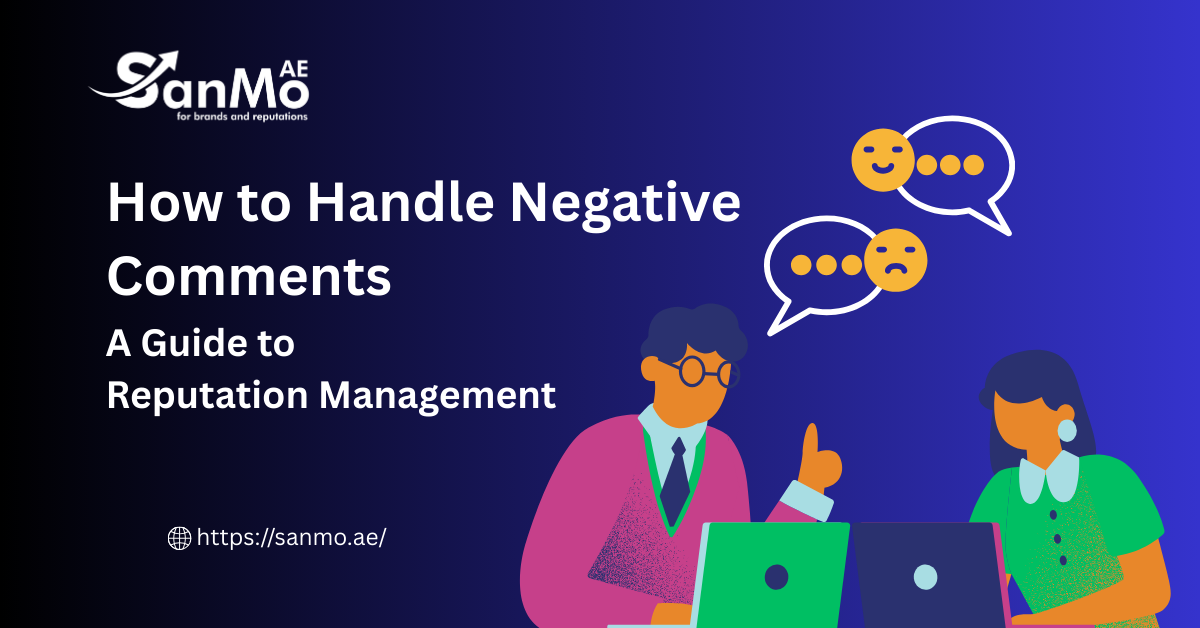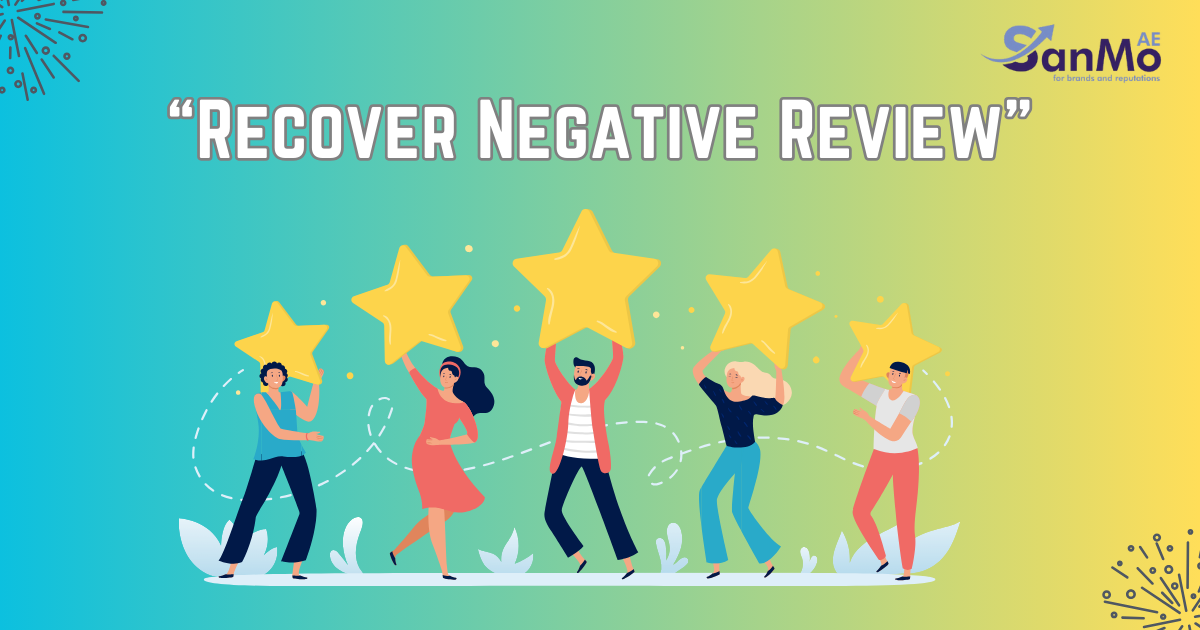Wikipedia Page Management
In today’s digital-first world, your online presence is often the first impression people get of you or your brand. Whether you’re a public figure, entrepreneur, or company, being visible online isn’t optional — it’s expected. Among all the platforms that shape public opinion, Wikipedia stands out as one of the most trusted and widely read sources of information.
With millions of daily users and high-ranking search visibility, a well-maintained Wikipedia page can significantly impact how people perceive you. But here’s the catch: Wikipedia is not a place for self-promotion or biased content. It’s a platform that requires careful attention to detail, compliance with strict editorial guidelines, and ongoing oversight. This is where Wikipedia Page Management becomes essential.
Why Does Wikipedia Page Management Matter?
A Wikipedia page is not just another web profile. It is a symbol of notability, credibility, and authority. But unlike your social media profiles or company website, you can’t fully control it — at least not in the traditional sense. Anyone can edit Wikipedia, which means your page is vulnerable to inaccurate edits, biased information, and even vandalism.
Wikipedia Page Management is the process of monitoring, editing, and maintaining your page to ensure it stays accurate, neutral, and up-to-date. It’s not just about creating a page and leaving it there. It’s about taking responsibility for how you’re represented on one of the world’s most visible platforms.
Over time, new events, achievements, or controversies can arise that should be added to or reflected in your article. Without proper management, your page could quickly become outdated or skewed by others with their own agendas.
Creating a Wikipedia Page Is Just the Beginning
While getting a Wikipedia page created is a major step, it’s only the start of the journey. Creating a page that adheres to Wikipedia’s guidelines is a challenge in itself. The platform enforces rules around notability, verifiability, neutrality, and sourcing. Not everyone qualifies for a page, and those who do must be represented through reliable, third-party sources — not personal websites or press releases.
Even once a page is published, the real work begins. New edits can be made by anyone. Sometimes these edits are constructive; other times, they’re based on opinion or bad intent. Without proper oversight, your reputation could be impacted by a few incorrect or misleading lines.
With active Wikipedia Page Management, these risks are reduced. Updates are made responsibly, sources are vetted, and changes are monitored regularly. The goal is to maintain a clear, factual, and balanced representation of the subject — whether that’s a person, brand, or organization.
The Risks of Poorly Managed Wikipedia Pages
One of the biggest mistakes people make is ignoring their Wikipedia page after it’s published. Because Wikipedia is open-source, pages can be edited by anyone — fans, critics, or competitors. A single edit can change the tone or direction of your entire article.
For public figures, executives, and companies, these risks are even greater. False claims, outdated information, or biased commentary can cause real damage to your reputation. In some cases, an unmanaged page can result in warning banners, content disputes, or even deletion.
And then there’s the issue of conflict of interest. If you or someone from your company edits your own page without proper disclosure, it can lead to penalties from Wikipedia administrators. In worst cases, it could lead to public backlash or accusations of manipulating information.
This is why working with a Wikipedia Page Management expert — someone who understands the rules, respects the community, and knows how to handle updates ethically — is essential.
What Does Wikipedia Page Management Involve?
At its core, Wikipedia Page Management includes several ongoing activities designed to keep your page factual, neutral, and well-maintained.
First, it involves monitoring. This means keeping an eye on every change made to your page, identifying harmful or inaccurate edits quickly, and knowing when to step in. A good manager will set up alerts or use specialized tools to track changes in real time.
Second, it includes updating the content when necessary. Whether you’ve launched a new product, received new media coverage, or undergone a rebrand, your page should reflect those developments. Updates need to be written carefully and backed by strong, independent sources — such as news coverage, books, or academic publications.
Finally, effective management includes engaging with the Wikipedia community when needed. If an edit is disputed, the matter may be discussed on the article’s “Talk” page. Knowing how to communicate respectfully and follow Wikipedia’s discussion protocols is a skill in itself. A seasoned Wikipedia manager can navigate these discussions professionally and in a way that earns trust from other editors.
Who Needs Wikipedia Page Management?
Anyone who already has a Wikipedia page — or is considering creating one — can benefit from page management services. This includes:
-
Public Figures: Politicians, celebrities, artists, authors, and influencers who are regularly in the media spotlight.
-
Companies: Especially startups, tech firms, and high-growth brands that receive media attention and need accurate representation.
-
Executives and Entrepreneurs: Those who have personal or company Wikipedia pages and want to ensure their public profile is presented professionally.
-
Nonprofits and Educational Institutions: Organizations that rely on credibility and transparency to attract donors, volunteers, and students.
Even if you’re not constantly in the news, maintaining your Wikipedia page is part of building and protecting your digital reputation — and it’s worth doing right.
Final Thoughts
Wikipedia is not just another content platform. It’s a public archive of information that often shapes how people view you or your business. A single line on your Wikipedia page can be read by millions — which is why accuracy, fairness, and reliability matter so much.
Wikipedia Page Management is the key to ensuring your page remains a trustworthy, up-to-date, and professional representation of who you are. Whether you’re protecting your reputation, updating important milestones, or simply avoiding deletion, proper management is essential.
Instead of risking mistakes or leaving your page unattended, consider working with experts who know the rules, respect the community, and can help you manage your Wikipedia presence the right way.
Your Wikipedia page speaks for you — make sure it’s saying the right things.
Effective social media management complements your Wikipedia presence by allowing you to engage directly with your audience and shape your brand’s narrative in real time. To learn how to build and maintain a consistent and positive brand image across platforms, explore our comprehensive Social Media Management resources. This section provides strategies for content planning, audience engagement, and reputation monitoring that work hand-in-hand with your Wikipedia page efforts.







